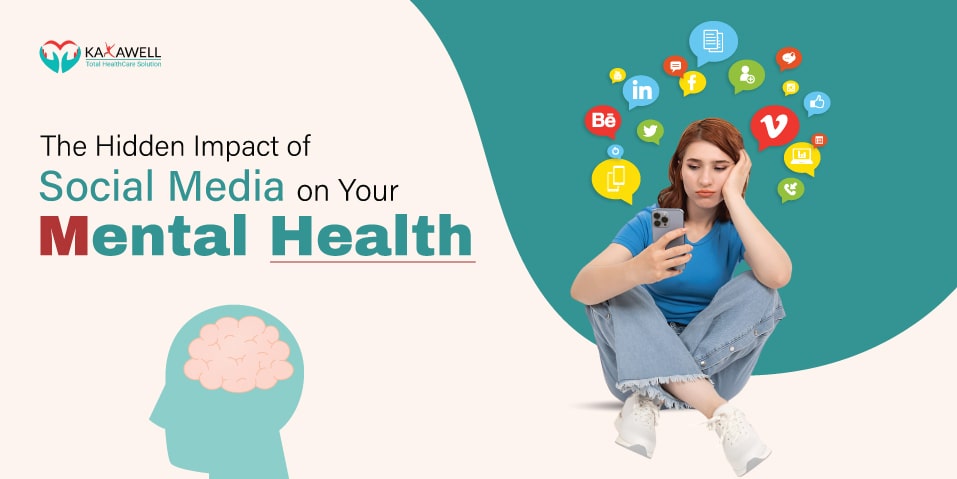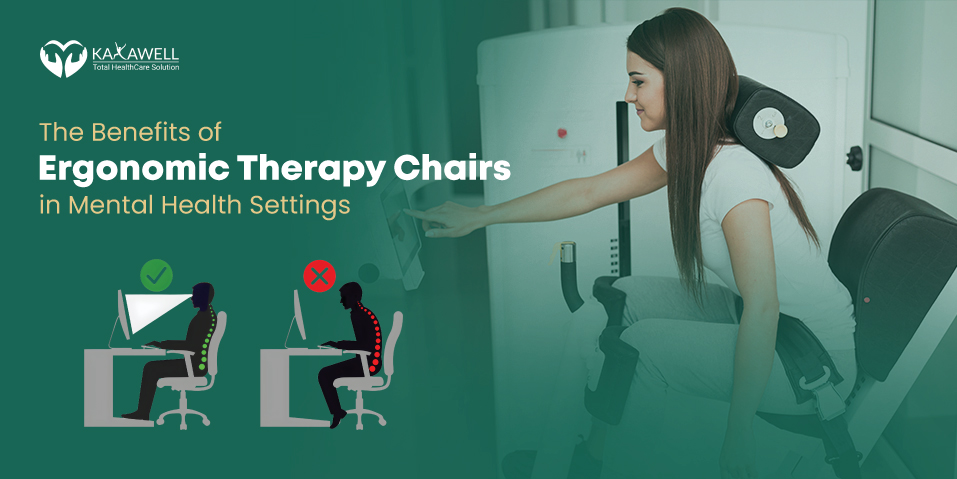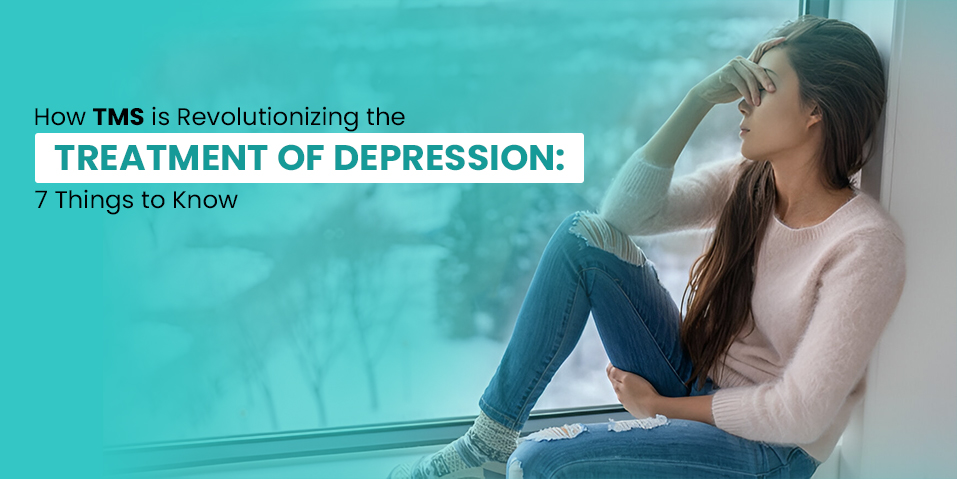The Hidden Impact of Social Media on Your Mental Health
Social media has woven itself into the fabric of daily life, influencing everything from how individuals communicate and connect to how they consume news and entertainment. Its pervasive presence can have profound effects on mental health, some of which are not immediately apparent.
This exploration delves into the hidden impacts of social media on psychological well-being, uncovering the nuanced ways it can shape thoughts, emotions, and behaviours.
The Comparison Trap
One of social media’s most insidious effects is the comparison trap. Platforms like Instagram, Facebook, and TikTok often portray idealized life versions, leading to unrealistic benchmarks for personal success, appearance, and lifestyle. You may find yourself measuring your own life against these polished snapshots, fostering feelings of inadequacy, low self-esteem, and depression. The disparity between the authenticity of your own experiences and the curated highlights shared online can create a breeding ground for dissatisfaction and self-doubt.
Read More: How To Treat Depression And Anxiety Disorder?
The Paradox of Connection
While social media ostensibly aims to connect people, it can paradoxically lead to feelings of isolation and loneliness. The digital nature of these interactions often lacks the depth and emotional richness of face-to-face connections, leading to a hollow sense of community. You might have hundreds or thousands of “friends” online yet feel disconnected and unsupported in their real-life struggles. This phenomenon can exacerbate loneliness, contributing to a decline in overall mental well-being.
Information Overload and Anxiety
The relentless stream of notifications, messages, and updates that social media delivers can lead to information overload, where the amount of input to the brain exceeds its processing ability. This constant bombardment can heighten stress, leading to anxiety and difficulty concentrating. The fear of missing out (FOMO) on events, news, or social interactions can further increase this anxiety, creating a cycle of constant engagement and heightened stress levels.
However, for a deeper understanding of mental health, considering interesting facts about anxiety disorders can provide a broader context.
for the discussion on social media’s influence. Anxiety disorders, characterized by excessive worry and fear, can be exacerbated or influenced by online interactions and the nature of social media content.
Sleep Disruption
The impact of social media on sleep is significant and often overlooked. The blue light emitted by screens can interfere with the body’s natural circadian rhythms, making it harder to fall asleep and stay asleep. Moreover, the engaging nature of social media content can lead to prolonged use, especially before bedtime, disrupting sleep patterns. Poor sleep can exacerbate mental health issues, creating a vicious cycle of fatigue, decreased productivity, and increased susceptibility to stress and depression.
Read More: Sleep Disorders: Common Causes, Symptoms & Types
Cyberbullying and Online Harassment
Social media platforms can also be arenas for cyberbullying and online harassment, which can have devastating effects on mental health. Victims of cyberbullying may experience anxiety, depression, and even suicidal thoughts. The anonymity and detachment provided by the digital medium can embolden bullies, making it a pervasive issue that is difficult to escape, as social media is ever-present in many people’s lives.
The Impact on Self-Identity and Self-Expression
How you present yourself on social media and the feedback you receive can significantly impact your self-identity and self-expression. Positive reinforcement, in the form of likes, comments, and shares, can boost self-esteem, but reliance on this external validation can be detrimental. Negative feedback or a lack of engagement can lead to self-doubt and a distorted self-image. Younger users, in particular, might feel pressured to conform to trends or personas that do not reflect their true selves, stifling authentic self-expression and growth.
To mitigate the negative impacts of social media on mental health, you can adopt several strategies. these include:
Strategies for Mitigation
- Implement Digital Detox Periods: Designate specific times of the day or week as “social media-free” zones to reduce dependency and promote mental rest.
- Limit Notifications: Adjust settings to minimize non-essential alerts, reducing constant interruptions and the urge to check devices frequently.
- Promote Physical Activity: Regular exercise can elevate mood and decrease anxiety, serving as a natural counterbalance to the sedentary nature of social media usage.
- Practice Mindfulness and Meditation: These techniques can enhance present-moment awareness, reducing the propensity to dwell on social media comparisons and anxieties.
- Spend Time in Nature: Engaging with the natural environment can rejuvenate the mind, offering a peaceful alternative to the digital world.
- Foster Real-World Connections: Prioritize face-to-face interactions to build stronger, more meaningful relationships beyond the superficial connections often found online.
- Pursue Offline Hobbies: Encourage activities not involving screens, such as reading, cooking, or art, to diversify sources of fulfilment and joy.
- Seek Professional Guidance if Needed: If you are feeling overwhelmed by social media’s impact, consulting a mental health professional can provide tailored strategies for managing its influence.
Wrapping Up
While social media has the potential to enrich lives and foster connections, its hidden impacts on mental health cannot be ignored. By understanding these effects and taking proactive steps to mitigate them, you can enjoy the benefits of social media without compromising your psychological well-being.


